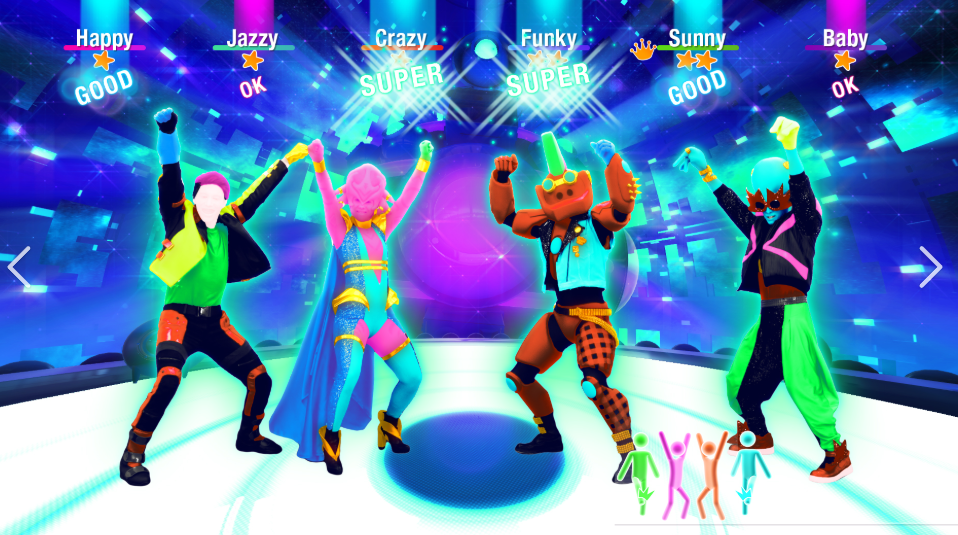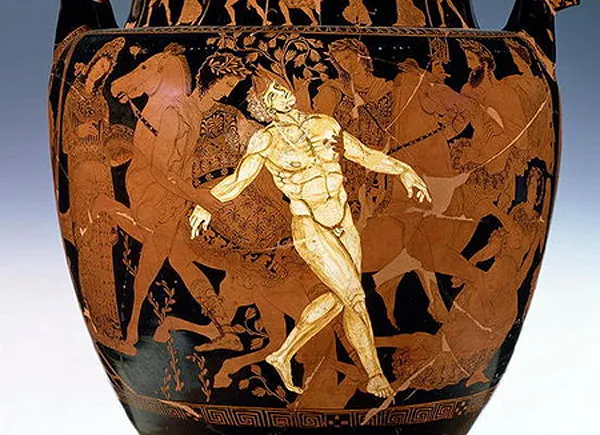Machine Talk 02
What happened?
This week I developed a few simple systems to test the Speech to Text system I wrote about last week. I mostly cleaned up the clients and guards behavior trees so they can be easily integrated to the incoming commands.
After that, I simply added a cheat code in which you can say two words that make the clients of the store start dancing. I see the potential, but I still need to work on both the game loop and the narrative that will glue it all together. I’ve been struggling finding new elements that could help organize this current game-state.

I started playing Outer Wilds. What an interesting game! I'm marvelled at the mechanics and how you can feel the vastness of the universe intertwined with the tenderness of a small science fair model. What I see in this game that I can't see in mine is the straight forward permise that allows the further complexity.
Anyway, the experiment with speech to text is working fine, but it still needs some tuning before I can properly use it.
What’s Wrong?
Even though I’ve written about it in Greg Buchanan’s workshop, I’m still not convinced with the core narrative hook that sustains the game. I think I have an interesting but very abstract principle to explore. What it feels to be a one-time thread of an evolutionary algorithm inside a game?
We could all be described as nothing but a bunch of code, a genetic attempt of nature to maintain itself as much as possible. The Buddhists and th Greeks, and a complete tradition has played with the image of life as a robotic path where our free choices are predetermined, we now read –an edit– the writing in our blood.
Some have thought our character has our faith imprinted, but what is truly our character? I’m intrigued by the digital version of this. Will our digital twins of the future have the chance to disagree with us?
I have a comical and absurd instantiation of this idea, however it lacks simplicity and clarity. There’s gotta be a way to display this abstract problem in a particular and familiar shape.
